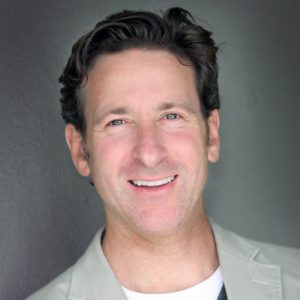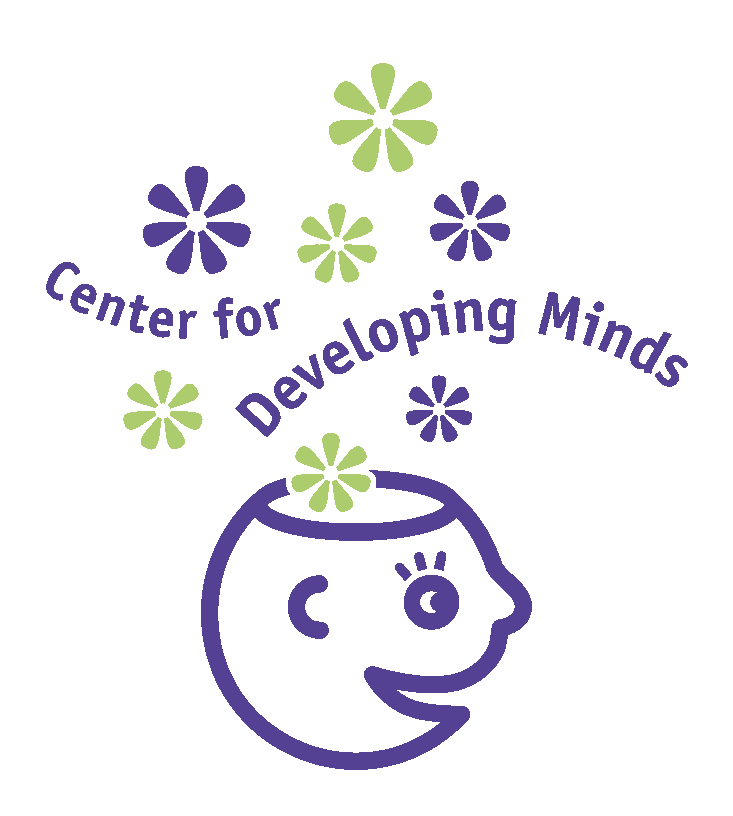
How did I end up here?
I was diagnosed with a learning disability when I was in medical school. However, with hindsight and the experience that I have gained as a behavioral and developmental pediatrician, it is clear to me that signs of my eventual diagnosis were present as early as elementary school. Going undiagnosed for years, there were certainly many bumps in the road, but my personal learning issue did not prevent me from achieving my life goals.
I can recall that the first hint that there was a problem happened when I was in the second grade. Routinely, I was not finishing my work and would start crying. I remember the day the teacher asked another student if Damon was crying yet. I was a GATE student and yet suffered the embarrassment from being demoted from the advanced to the lower reading group. Being a slow reader, I found ways to trick the teachers, by skimming books quickly and giving good responses to questions, so by the third grade I was back on the fast track.
My grades were always pretty good, but what the teachers did not see was that I was working harder than most of the other kids. In elementary and middle school I would read ahead in my textbooks so that I was prepared if questioned in class. In the 5th grade, I over-prepared for the school spelling bee. The school provided us with a list of about 1000 words, which I sat in my room and memorized, over and over again. I read them all into a tape recorder and tested myself for days until I could spell every word. On the day of the Spelling Bee, those of us that performed best in our class were up on stage in front of the entire school and parents to compete against the other top students. I was in line to go fourth. The first three students were given words that I did not know. When it was my turn I bravely stated into the microphone, “Ms. Johnson those words are not on our list.” Her response was, “I know, I could not find the 5th grade list, but if you are a good speller you should be able to do the 6th grade list.” Then I proceeded to incorrectly spell the word “clothes” in front of my parents and the entire school. I was out first. Ouch! Memorize I could do, spell I could not.
I struggled at each transition to a new school until I eventually made adjustments, and then I would find success. I received my lowest marks the first semester of middle school, high school, and college, but I found ways to improve each subsequent semester. On my own, I made personal decisions to pass up on some high school activities, because I knew that I could not balance hours of homework with multiple extra-curricular activities. To ensure I understood my literature books I needed to read them twice, which made language arts even more laborious because I was already a slow reader. With extra effort I was fortunate to get into a college that not only gave me a great education, but also provided me with the opportunity to participate in tremendous extracurricular opportunities where I, for the first time, excelled.
In college, I found my passion for helping children and learned that I could lead and organize and manage better than other students. At the University of Southern California, I began my non-academic pursuits as a Big Brother for a boy who was hiding with his mother in a shelter for victims of domestic abuse. I was touched by how quickly we bonded and then devastated when I showed up one day to find that he and his mother had moved back with his abusive father. I never saw him again. I also helped found and direct Spirits in Action, a day of athletic celebration for children with disabilities living in the community around USC. I am proud to say that 30 years later that program is still serving hundreds of children each year. I rose to the top of organizations. I was the president of the psychobiology honor society and the school-wide academic honor society, not because I was the best student, but I could get things done.
While at USC, I once again had to put in more hours studying than my friends. I pursued a premedical education, and on the advice of a great mentor I majored in psychobiology. Little did I know that this degree would directly relate to my future career, but the combination of this scientific interest and my passion to help children, indeed led me to where I am today. Upon graduation I was honored by Tom Bradley, the Mayor of Los Angeles, and I was awarded some of the highest honors that USC bestows on its students.
Despite entering medical school with the intention of being the top student, I quickly faced the reality that other students memorized minutia better than I could, and for the first time, everyone also studied as much as me. I worked so hard to keep up, but 18 months into medical school I found myself with barely passing grades and little else to show for my effort.
Afraid that I would be passed over later when it would eventually become time to apply for a residency program, I met with a mentor and made the following plan: In addition to going to class, I would see real patients. So when, for example, we were studying cardiology in class, I would also shadow a real cardiologist in the afternoon, and my grades instantly improved. I discovered that I learned best when words were attached to meaning – my patients.
I wanted to work with children so I volunteered in a local preschool and the next summer I went to Kenya to help families that had very little access to medical care. Seeing the progress I made with these new experiences, and yet the struggles I had demonstrated in class, my mentor suggested the possibility that I might have a learning disability. My immediate thought was, "No way, that's impossible," after all, I was in medical school - I'd never heard of a doctor with learning problems.
I was tested later that year and found to have problems with convergent retrieval. This means that even though I may thoroughly understand a topic, I have trouble rapidly retrieving words and names, which also affects how quickly I can read. I read silently no faster than I can read out loud. I equate the discovery of my learning disability to the feeling one has when wetting their pants after holding their pee for a very long time. Instant relief…and then the realization that I need to change something. Equipped with the knowledge that I am an experiential learner and accepting the accommodation that I perform best with extra time on tests, my grades greatly improved. Passing was no longer a concern, acceleration was happening.
Since that time, I have played to my strengths in leadership and accomplished many things of which I am very proud. During my residency at Vanderbilt University, my wife and I directed the Tennessee and Kentucky chapter of Operation Smile and arranged free reconstructive surgery for dozens of children with facial anomalies throughout those states. Professionally, I completed my pediatric residency at Vanderbilt University and my fellowship at the University of North Carolina at Chapel Hill. Since then, I have played a significant role in the creation of three unique child development centers. I have received large financial grants to build programs. I have been elected as President for the national Society for Behavioral and Developmental Pediatrics. I wrote an award-winning and best-selling book to help parents raise organized children. Yet, I recall my high school English teacher telling me, “Let’s face it Damon, you are never going to be a great writer,” as he reluctantly raised my report grade from a C- to a C. Despite some discouraging obstacles like this as a youngster, I have now grown to help thousands of children and young adults with special needs through my daily work as a behavioral and developmental pediatrician.
In retrospect, every challenge I faced and each step I took, led me to where I am today. Without realizing it, I was being prepared to help children who struggle with developmental variations and I now am privileged to share in the lives of my patients and their families. I am sharing my story to help others recognize that a diagnosis of a disability or delay should not be defeating, but empowering. We all have differences in our mental, behavioral and social skills, the key is to better understand our own unique abilities and work to achieve success and satisfaction in that domain. All great minds do not think alike.
